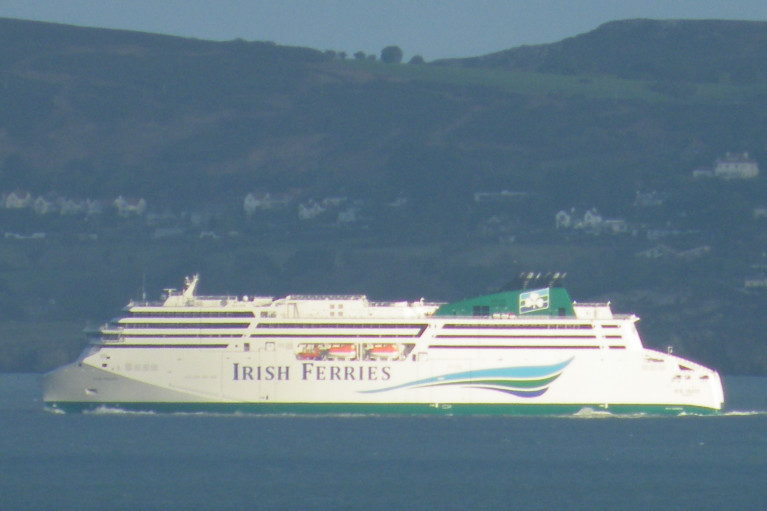Displaying items by tag: Traffic Down
Ferry operator, Irish Continental Group (ICG) has said its division, Irish Ferries experience passenger numbers slump by 60 per cent so far this year due to Covid-19 travel restrictions.
The company, according to The Irish Times, also said in a trading statement that it has cancelled an order with shipmaker Flensburger Schiffbau-Gesellschaft (FSG) to build a new vessel, after the German company filed for protection from its creditors in April.
ICG, led by chief executive Eamonn Rothwell, said that it has written to the Government arguing that a requirement that people travelling to the State should self-isolate for 14 days is not consistent in the Common Travel Area with the UK government’s position that no such measures be taken by passengers travelling from the Republic to Britain.
“There is nothing to stop people from Britain visiting Ireland by transiting via Northern Ireland without the requirement to self-isolate, which is clearly anomalous,” ICG said.
While ICG said that its freight business has remained relatively robust during the coronavirus pandemic, it is currently unable to estimate the full-year financial impact of the fall-off in passenger revenue. “The severity of this reduction in passenger revenue is dependent on the duration and nature of travel restrictions, particularly over the peak summer season,” it said.
Roll-on, roll-off freight volumes have fallen 4 per cent in the year to June 6th, while container volumes have dropped 13 per cent.
For more notably the cancellation to order a second newbuild cruiseferry click here.
Afloat adds the €165.2m newbuild for the Dublin-Holyhead route was based from the same design of W.B. Yeats of 54,975 gross tonnage (165 lorries) but larger at 67,300grt (330 lorries). This would enable the world's largest ferry with this level of freight capacity operate on the core Irish Sea route exclusively.
Due to Covid-19, the W.B Yeats which Afloat reported yesterday had only resumed service on the Dublin-Cherbourg route in its role as the summer-operated cruiseferry. On Tuesday the cruiseferry began on the first round trip which was completed with an arrival to Dublin Port this morning.
Prior to the return of W.B Yeats on the year-round operated route (by ropax Epsilon) to mainland Europe, W.B. Yeats as scheduled served the Dublin-Holyhead route with sailings over the winter months. Originally the cruiseferry was expected to re-enter the French route three months ago.





























































